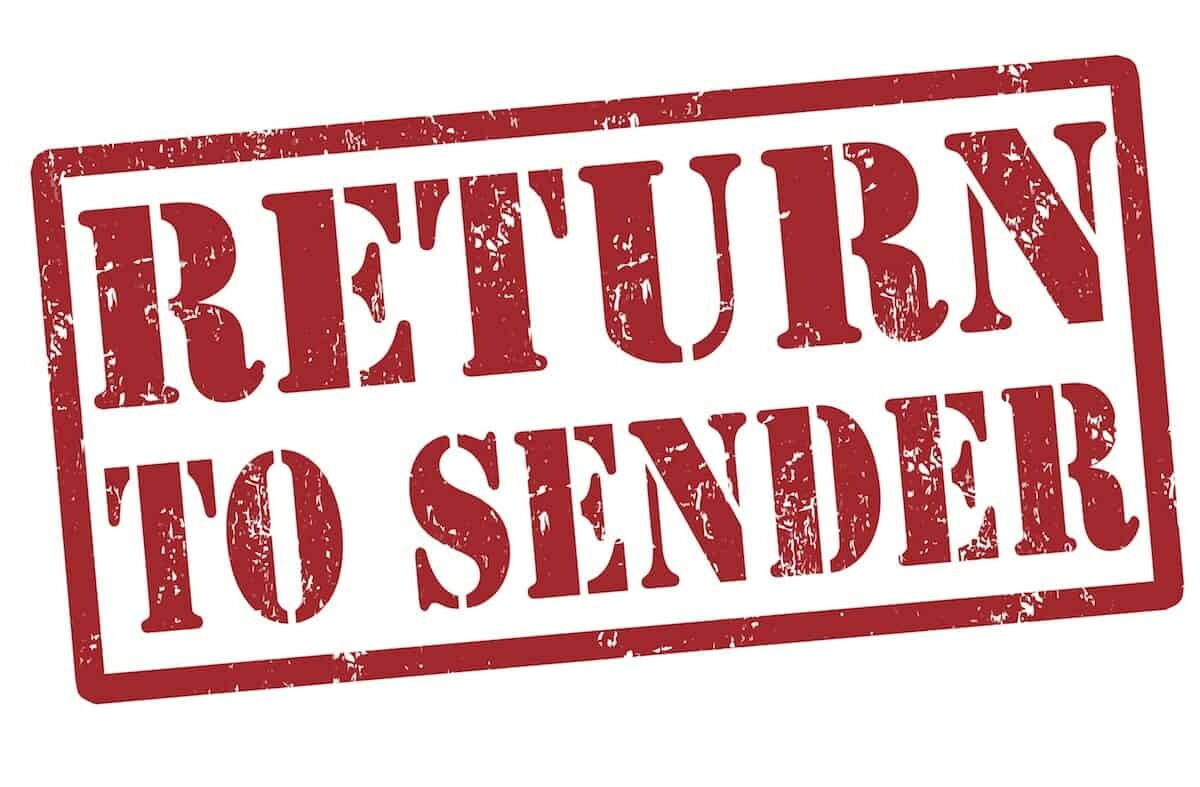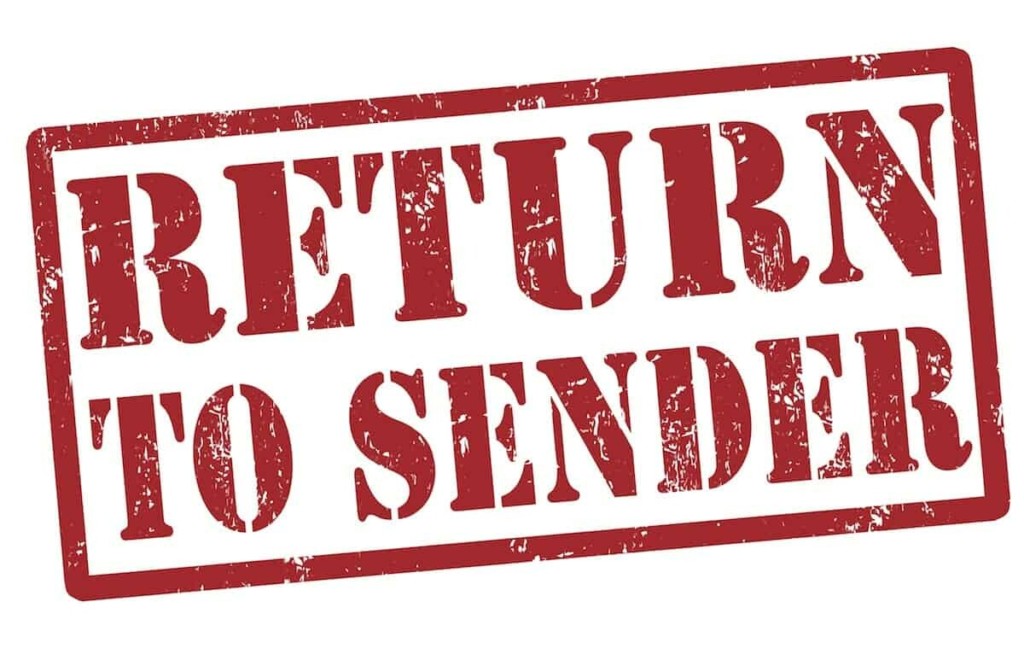Steam Cleaning: Rinse Out Your Game Library with Steam Refunds
Valve recently introduced its new buy-back program, aptly named Steam Refunds. Their claim is that by keeping the door open for a while, buyers can take a game for a spin if they aren’t certain about it, or to see if the technical specs will play nice with your If you’ve purchased a game and meet the required conditions, you can get a full refund for the game, with no questions asked.
TL;DR now any game on the Steam video game store can be returned within 14 days of purchase, provided there are less than two hours of gameplay logged on that game.
We decided to get our writers’ opinions, since there are mixed feelings about this. So we present to you IGR’s round-table discussion about Steam’s new refund policy.
Our Writers Weigh In: Techs Wrecks
bluebirdplays:
When I discovered Steam, I had a relatively awful computer that couldn’t play anything with high-end graphics. It was a nightmare to look for games to play and I was always tempted by the sales they had throughout the year. I bought games even when I wasn’t sure if I could actually play them. In many cases I couldn’t, and lost a lot of money that couldn’t be refunded. To these types of consumers, the new refund policy is fantastic and has been long-desired for a long time.
Adam Fimio:
Yes, I can see this working out well for folks who impulse buy a game before checking the required specs. It will certainly give you enough time to figure out if your system is under-performing.
Quality Vs. Quantity…Fight!
FictiveTruism:
We’ve all had instances where we’ve bought a game and instantly regretted it. Since GOG already implement a feature like this, it’s great to see Steam offer one as well. The newly implemented Steam refund policy will ultimately benefit consumers, and that’s something I’m completely on board with.
Steam’s refund policy gives you the opportunity to get your money back on a purchase as long as you haven’t logged more than two hours with the game and do so within a 14 day window after purchase. The first thought that came to my mind was: what if people finish a short indie game in under two hours and immediately ask for a refund? This opens up the debate for abuse of this refund system, which is inescapable in a system like this.
bluebirdplays:
My concern goes out to players who view the refund policy as a means of renting games for a couple hours at a time, which can be a nightmare to indie game developers whose game length doesn’t exceed an hour. While the policy warns against abuse of the system, monitoring the gameplay habits of millions of people is an impossible task. For every individual who gets their refund privileges revoked, how many others will pass right on through?
I almost think that having a refund limit per month would be a more effective means of allowing the new policy to pass without concerns of consumers abusing it soundly.
Indie-Game-Freak
Or at the very least, (and they will probably implement it) a script that looks at how much you’ve progressed. Kind of like when you’re at a restaurant, eaten 3/4 of the pizza before you decide to send it back…
infinitywaltz:
Agreed. I’m mostly worried about indie developers, especially one or two-man studios. They’re already operating on razor-thin margins. Between the sheer volume of indie games coming out these days, the frequent massive Steam sales and massive popularity of bundles, it’s already hard for developers to even break even on a small indie game, let alone turn a profit. Might this be the straw that breaks the camel’s back and pushes some small studios out of the field completely?
Adam Fimio:
Try meeting 3000 people; chances are some of them are going to be annoying, badly-damaged human beings. Do you really want to be stuck with one as a friend for life because you briefly made eye contact?
Steam was a digital super-Costco warehouse before the deluge of games that came with Greenlight. Now, if you run a search for indie games through the Steam client, you get over 300 pages worth of titles. With roughly 10 games per page, that’s a lot of content to sift through, even if you know a thing or two about the indie scene. For someone just looking to see what all this indie fuss is about, Greenlight has created a potential manure minefield.
That said, from a quality of experience perspective, I don’t know that it’s enough time to get a feel for a more subtly nuanced game. RPGs immediately spring to mind; two hours to assess products in a genre that are all about EVENTUALLY bringing a useless-nobody character into the role of world-saving super champion? Had a policy like this existed when Demon Souls was released (yes, fully aware it was a PS3 exclusive), the world may never have seen the Souls series of games, and I wouldn’t currently be getting my arse handed to me in Bloodborne.
Indie-Game-Freak
Parenthetically: is this a bulwark/response to the hugely negative feedback around The Order: 1886 – a AAA title with a full sticker price and 5 hours of total gameplay (and we aren’t talking speed run)? Or is it the result of a much broader interest?

infinitywaltz:
And while others have mentioned extremely short indie games, there are also plenty of incredibly long ones. With some complicated indie games, like the recent Telepath Tactics or Endless Legend, two hours is barely enough time to grasp the basics. Will people be asking for refunds without even playing a game for long enough to understand the mechanics?
Full Steam Ahead or a Full Head of Steam?
FictiveTruism:
I’m sure if this refund system doesn’t work out Valve will alter it to take into account the shorter games on the marketplace. And Valve is no stranger when it comes to reacting to its user base as evident with the Paid Mods feature they did away with earlier this year.
Adam Fimio:
This could be the opening salvo in the battle against the patch-after-release policy that too many of the larger dev outfits employ. Many of us have been suckered by well-crafted trailers that herald a clunker of a finished product. While I’ve been known to walk out of a theater midway through an abomination of a film, I don’t know that the two-hour play time Valve is offering is all that generous. Currently, it feels like too broad a stroke to fit all games.
infinitywaltz:
The patch-after-release policy is indeed odious. This refund program might also be in part a response to complaints about big studio releases that cost a lot of money without offering much replay value (or can be finished in a matter of hours, like the recently decried The Order Indie-Game-Freak mentioned). But if this policy is a reaction to some of the perceived complaints against big studios, I’m still worried it’s going to be the little ones that are hurt disproportionately, even if it’s unintentional on Valve’s part.

Kit Goodliffe
Steam is such a dominant force in the gaming world today that it’s easy to forget how insidiously it gained ingress into our lives. I don’t remember the moment when the platform changed from “that program I had to install to play Half Life 2” to an essential component of my gaming hobby. For years Steam has sat on top of the PC gaming world and many gamers prefer to keep their entire collection on the digital platform. This has meant that Steam’s sales policy has been the leading example for how to handle digital games sales and their enduring refusal to provide refunds has been emulated across most of the industry.
This has all changed with Valve’s decision to finally offer refunds and, while there are a few undertandable concerns, I think this should go a long way to improving the Steam experience for consumers. Valve have also demonstrated more finesse with this announcement than they demonstrated in their attempt to monetise mods. The caveats of a 2-hour limit on play time and a warning regarding abuse of the system (which will hopefully protect shorter titles from being “rented”) go a long way to ensuring that this should be a positive change.
Valve even clarified that refunding a recently purchased game in order to take advantage of a sale is not considered abuse. This all seems like a win-win to me. Moving forward this system’s success will likely depend on how well Valve enforces its no-abuse policy to protect indies (I agree that a monthly refund limit might be a good means by which to do this). Overall it’s a encouraging development that I hope spreads to other digital distributors.
Read more about Valve’s Steam Refunds program.
So, that’s our take on Valve’s Steam Refunds policy. Thoughts? Feelings? Kindly share them in the comments section!



